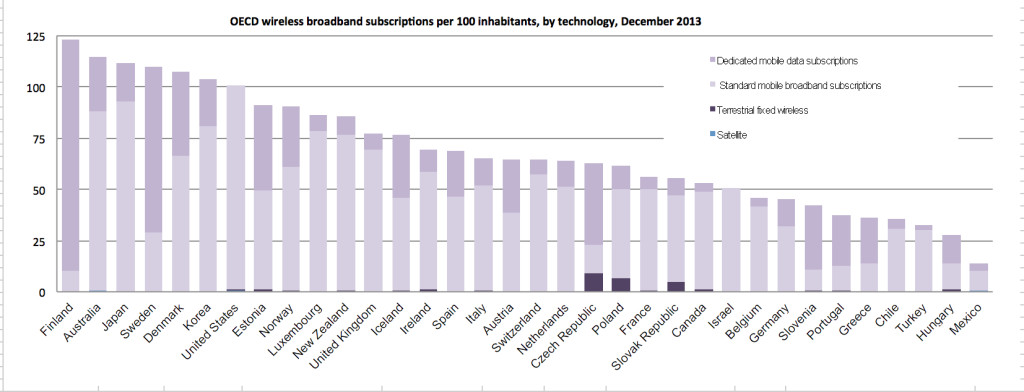From seemingly the moment in launched in Canada, Wind Mobile argued that it was being placed at a competitive disadvantage due to unfair roaming agreements with Rogers. As a new entrant, the company was reliant on roaming agreements to offer nationwide service, yet it claimed that Rogers was tilting the playing field against it. Rogers unsurprisingly disagreed. In a Senate appearance in 2009, the company was asked directly about the issue:
Senator Zimmer: Have you had any requests from new wireless entrants for roaming and tower-sharing agreements, and how have you handled those? What is the progress on these arrangements to date?
Mr. Engelhart: I am glad you asked that question, because we have been reading in the press some grumbling by some of the new entrants, and it has left us puzzled. Mr. Roy and I, mostly Mr. Roy, have successfully concluded roaming agreements with all the new entrants who have approached us, and we did that in a business negotiation that did not need arbitration or enforcement from Industry Canada. We have also provided access to a huge number of our towers to the new entrants. We believe the government policy that requires us to make those facilities available is working, and we are proud of what we have done.














